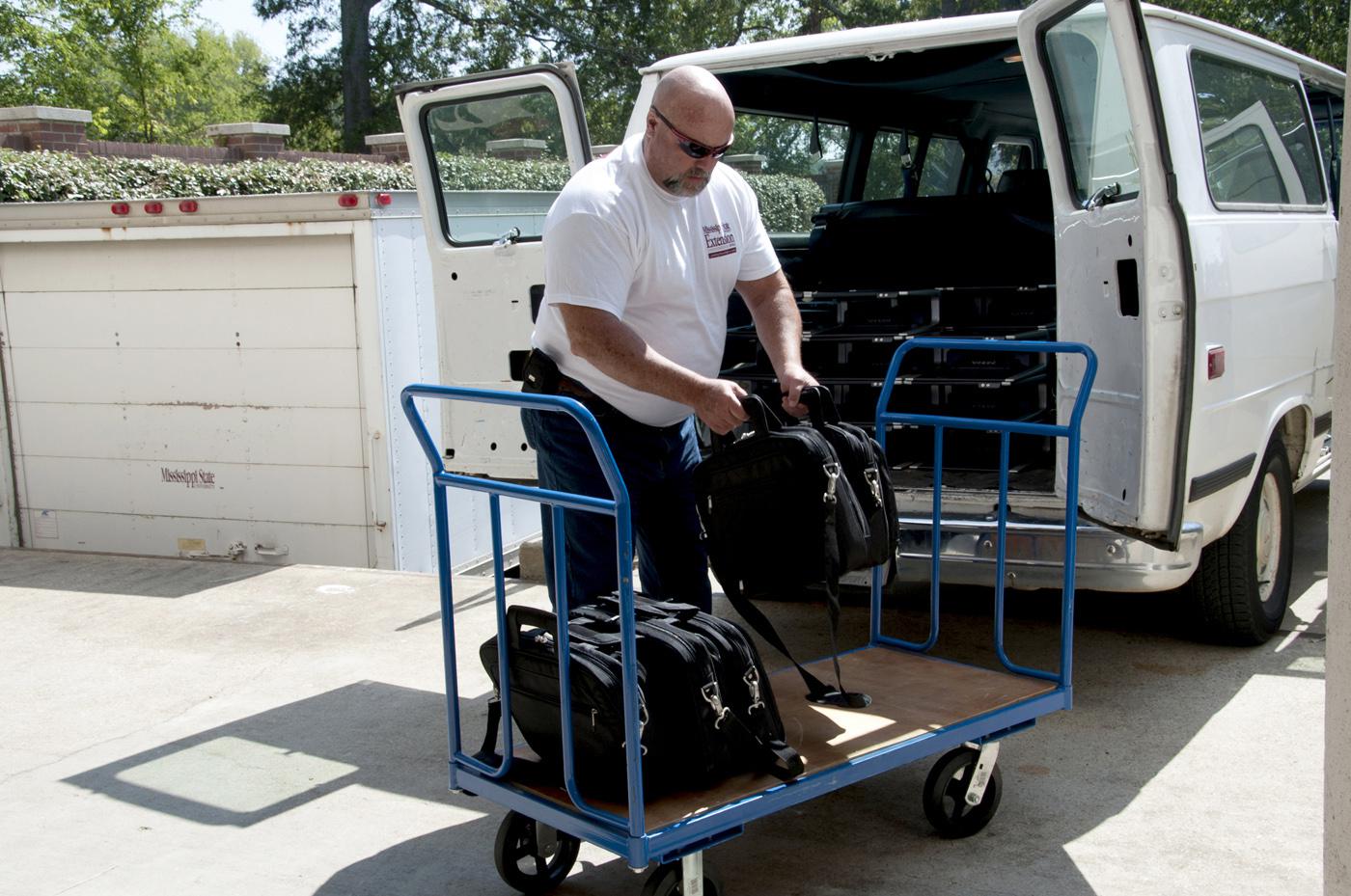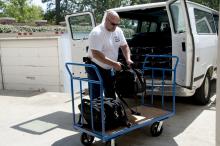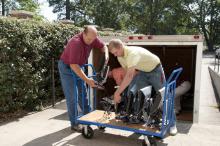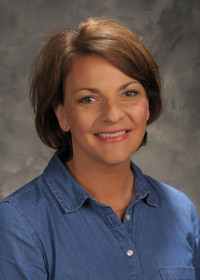Information Possibly Outdated
The information presented on this page was originally released on August 4, 2011. It may not be outdated, but please search our site for more current information. If you plan to quote or reference this information in a publication, please check with the Extension specialist or author before proceeding.
MSU Extension Service computers go to Smithville
MISSISSIPPI STATE – Mississippi State University Extension Service donated 40 refurbished computers to the Monroe County School District for schools in Smithville, a small town recovering from a devastating tornado.
“What better way for our organization to help the citizens of Smithville than to support their schools with computers for their students?” said Gary Jackson, director of the MSU Extension Service. “We anticipate that these systems will assist them in rebuilding their lives and their community. In today’s computer-driven world, students will have access to technology when classes start in August.”
The main school campus is under repair, with construction anticipated to continue for at least one school year. Because students and teachers will be moved into temporary modular classrooms, school officials determined that laptops would be the best fit for the crowded environment. School computers damaged in the tornado were six to seven years old, and those that survived the tornado are unusable, said Alan Pearson, District Technology Director for Monroe County.
Randy Loper, interim director of MSU Extension Service’s Computer Applications & Services, leads the department’s computer and networking staff in keeping all of the computers used by Extension employees throughout the state operating.
“Through an organized rotation, needs assessments and availability of funds, CAS replaces and upgrades computers at 82 county Extension sites, four research and experiment stations, and for Extension employees on the MSU campus,” Loper said. “The older systems, most of which are three to five years old, are returned to CAS and re-imaged, then donated to state organizations.”
Smithville schools received 25 laptops with docking stations and 15 desktop computers. Loper has contacted Dell about donating an additional warranty on the systems. Approval is expected by the end of the week and would extend the warranty until June of 2012.
“We felt that the Smithville community could really benefit from the donation of these computers,” Loper said “We know that the storm has forever changed their lives, and we wanted to be able to assist in a small way in their recovery.”
Monroe County Extension director B.J. McClenton said the school district was thrilled with the news of the donation.
“They’re happy to be getting a lot of donations of materials, but many times they’re not in the condition they need to be or are outdated,” McClenton said. “I explained that these systems were ones we were still using just last month. Alan Pearson was elated about what we had and thrilled we were going to give to their cause.”
The donation of the computers extends the work begun by the staff of the Monroe County Extension office in the wake of the tornado.
“The Monroe County staff, headed by county director B.J. McClenton, has gone above and beyond their regular duties in supporting their community in the past few months,” Jackson said. “But this is what the Extension Service does for communities. We’re here to serve.”
These same MSU Extension Service units led efforts in the coastal communities after Hurricane Katrina devastated the Gulf Coast. In the immediate aftermath of Katrina, MSU Extension Service provided a portable computer lab for thousands of residents to complete FEMA forms and to search for missing family members. Staff members traveled to the coast to set up mobile facilities to provide satellite internet services for schools and state and county agencies. Several Gulf Coast schools received re-imaged computers.
“The mission of the MSU Extension Service is to provide information, educational programs and technology transfer focused on issues and needs of the people of Mississippi, enabling them to make informed decisions about their economic, social and cultural well-being,” Loper said. “Forty computers will go a long way to assist this community in reconnecting to the world.”







